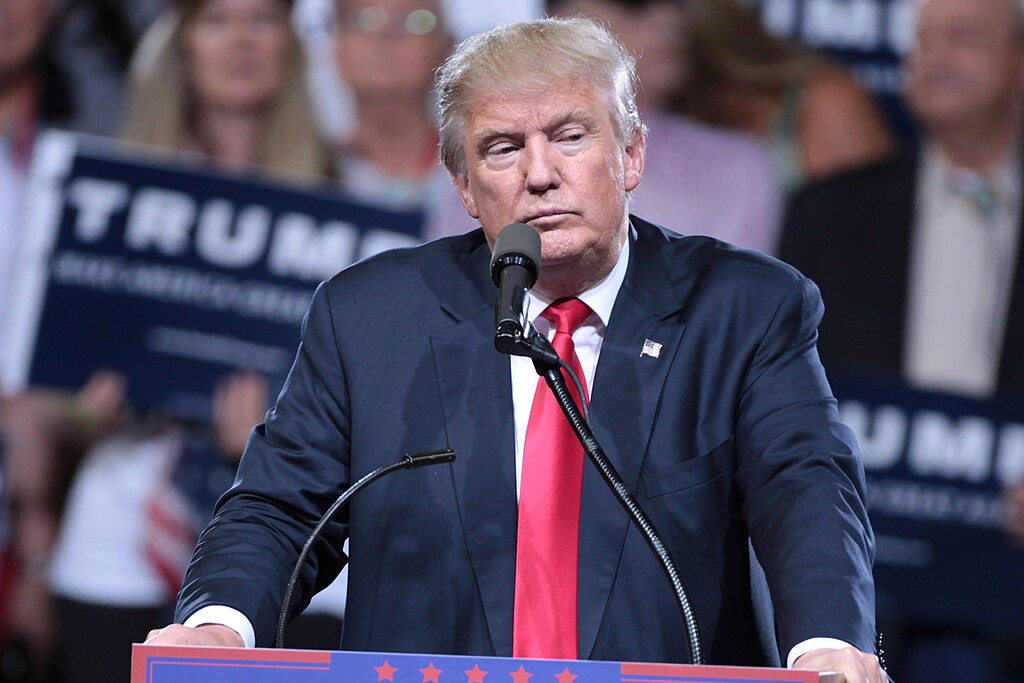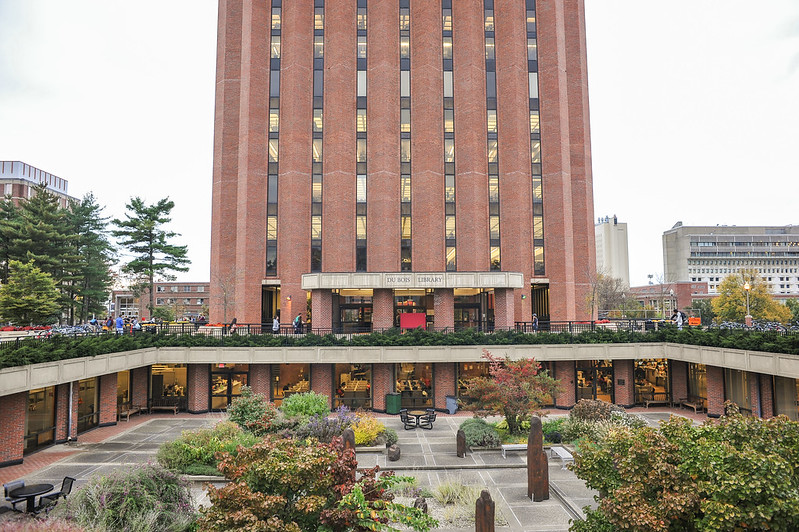
As a college student with barely any money, I can’t help but love the price of gasoline these days. In the last several months, gas has dropped to prices cheaper than I can ever remember seeing. This drop has done wonders for my finances and even made it easier for me to visit home when I have free time. Unfortunately, lowering gas prices does absolutely nothing to stymie the environmental impact of burning fossil fuel. During, I was always thankful on a broader scale, hopeful that maybe expensive gas would push people to seek out alternative energy.
The last time I went to the pump, regular was $1.99 a gallon, and I was able to fill up my Honda for about thirty dollars. I remember paying more than double that in high school. Current gas prices make something as simple as driving home to my town in Connecticut on a day off entirely more manageable. The drop in the price of gas is so significant that is has actually affected the quality of my life in a noticeable and positive manner.
However, my own personal benefits derived from these lower gas prices come at a cost. Although I am able to move about more freely and do as I please, I’m just burning more fossil fuel and letting it flow into our atmosphere. Whether or not you believe in global warming, gas fumes in the air are definitely not a positive thing, and we can all agree that smog is real. I guarantee I’m not the only consumer whose life has been positively affected by this drop in gas prices.
People feel more comfortable to drive further, carpool to work less or maybe take that big SUV out of their garage they haven’t been able to afford to drive much. It’s nice not being hampered down by high prices, but I can’t help but think we were better off before. How soon will it be before the positive effects of lower gas prices grossly affect our judgment in relation to our own carbon footprints? Have they already? Perhaps most importantly, if we as consumers are taking advantage of these low prices, it isn’t tough to imagine others could be doing the same on a much larger scale. Even though we might all hope that most renewable and clean energy projects were developed to help protect our environment, we would be wrong.
Often, clean energy projects have been developed because they have the potential to create cheaper energy that fossil fuels do. When it comes down to it, most of the people with the power to create such projects are primarily concerned with making or saving money. With expensive gas, renewable energies represented a win-win for investors as well as the environment.
Luckily, some clean energy options, such as solar energy, are still cheaper energy producers even in the face of dropping oil prices. However, with low gas prices, the cost of solar isn’t too much better than that of oil. With high gas prices, the price difference between solar and oil was staggering, now it is only slight. Clean energy options are still being considered the way of the future, but cheap oil prices are pushing utilities to, at least at the moment, chose oil over renewable sources of energy. It is still generally agreed that a push for renewable energies will continue into the foreseeable future. Many clean energy projects are subsidized by the government, and will always represent savings for interested parties. Again, I’d like to say the environment is the push for this changeover, but it never is.
While it is plain and obvious that there will be a general push for clean energy projects in the future, the current drop in gas prices is sure to delay some of these projects. We probably won’t notice these delays in our day-to-day lives; pollution is a changing of tide, not a crashing wave. In fact, all that most people will notice is the ease in filling their car or home fuel tanks. It wont hurt as much to drive across New England or turn up the heat in the house a notch or two. Right now though, we are at a turning point in protecting our environment. Most reputable sources agree that the planet is warming and humans are directly involved. Dropping gas prices may simply cause a delay in more clean energy projects, but even a delay is something the world might not be able to afford. And no matter how you feel about global warming, do you really want more burnt gasoline fumes floating in the air, mixing with the oxygen you breathe into your lungs?
Ian Hagerty is a Collegian columnist and can be reached at [email protected].

















